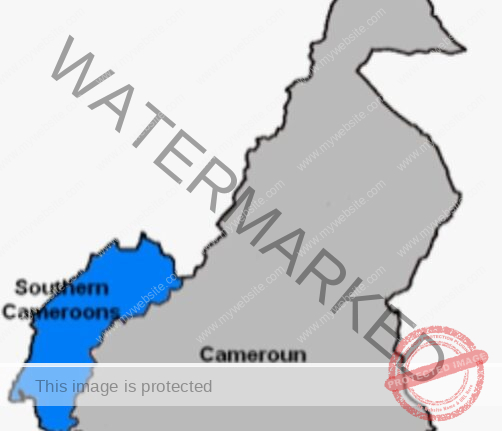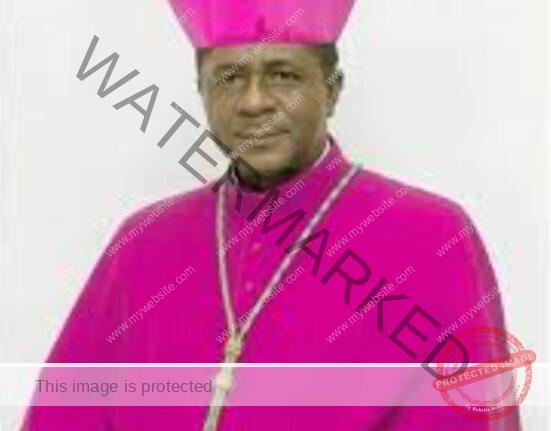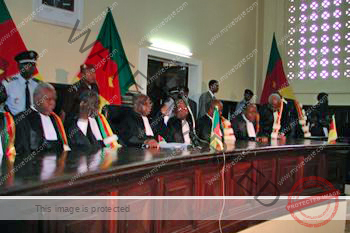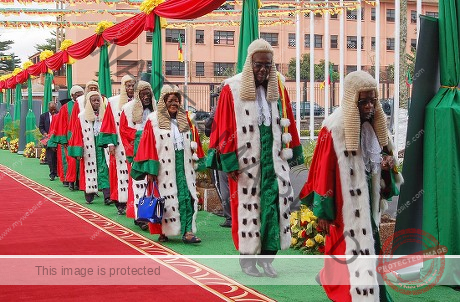Winston Churchill the man who put things right, Cameroon now needs a Churchill.
By: Ali Dan Ismael
Editor-at-Large, The Independentist
As Cameroon heads toward its 2025 presidential election, the political atmosphere feels eerily reminiscent of a different time in global history—a time when many believed diplomacy and restraint could contain a mounting autocracy. In 1938, British Prime Minister Neville Chamberlain returned from Munich declaring “peace for our time” after negotiating with Adolf Hitler. But within months, the world learned a sobering truth: appeasement does not stop a determined dictator.
When Winston Churchill succeeded Chamberlain, it marked a turning point. Churchill understood the stakes. His leadership did not just oppose tyranny; it dismantled it. Within six years, the Third Reich’s ambition for a thousand-year reign had collapsed. That shift in leadership—from caution to courage—offers a powerful lens through which to view Cameroon’s current crisis of governance.
President Paul Biya’s tenure—now in its fifth decade—makes him the longest-ruling leader in the world today. His decision to seek re-election has reignited debates about democratic stagnation, elite continuity, and political exclusion. At the heart of it lies Communal Liberalism, a system designed not to renew leadership but to entrench it, safeguarding a small political nucleus and its peripheral coalitions.
For opposition leaders like Professor Maurice Kamto and others seeking reform within the system, the dilemma is real. Should they engage in a process that appears increasingly predetermined, or is it time to recalibrate their approach to the deeper structural problems at play? History suggests that moderation in the face of authoritarian consolidation often leads to disillusionment, not change.
This is not a call for confrontation for its own sake. It is a call for clarity. For a sober recognition that Cameroon’s democratic landscape is shaped less by institutions than by intent—an intent to preserve power at all costs. In such an environment, participation without guarantees of fairness risks legitimizing the very system that many hope to reform.
Meanwhile, as political uncertainty grows, an overlooked dynamic may resurface: the question of return. Some Cameroonians, particularly those with ancestral ties to Ambazonia who left decades ago, may consider returning in response to renewed tensions. Yet the path home is not straightforward. The wounds of the 1950s and 60s—when entire communities were caught between competing national projects—remain unhealed. Trust will not return simply with proximity. It must be rebuilt with truth and accountability.
Cameroon today stands at its own Churchill moment. It must choose between preserving appearances or confronting realities. Between enabling a controlled transition or allowing history to repeat itself—with all the human costs that entails.
What is needed now is not just a change in leadership, but a shift in political imagination. A willingness to move beyond slogans and script toward something more difficult, but more durable: national renewal grounded in shared dignity.
Let us hope this moment is not missed.
Ali Dan Ismael





















Leave feedback about this